The 2nd International Scientific and Technical Conference Named After V. M. Voevodin "Problems of Modern Nuclear Energy"
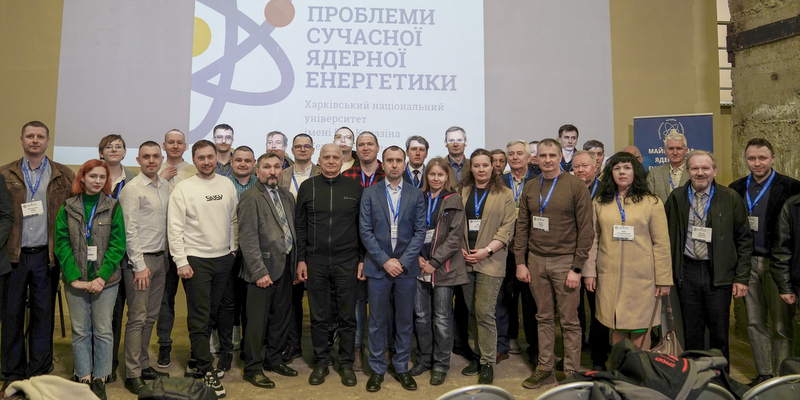
On April 16–18, 2025, V. N. Karazin Kharkiv National University hosted the 2nd International Scientific and Technical Conference named after V. M. Voevodin "Problems of Modern Nuclear Energy."
The event gathered 160 registered participants, nearly 50 of whom attended in person. In total, more than 60 scientists, industry professionals, students, and postgraduates presented their research findings, new technologies, and innovative approaches to the development of nuclear energy.
The ceremonial opening of the conference featured greetings from representatives of the organizing institutions and guests, including the Ukrainian Nuclear Society (UkrYaT), Karazin University, the National Science Center "Kharkiv Institute of Physics and Technology," the European Nuclear Society (ENS), and other leading scientific institutions.
Anton Panteleimonov, Vice-Rector of Karazin University, delivered a welcome speech emphasizing the importance of the conference for the university community and the advancement of nuclear science in Ukraine.
Academician Mykola Azarenkov, the Head of the Organizing Committee, recalled the history of the conference's establishment and honored the memory of Viktor Mykolaiovych Voevodin — the initiator and ideological inspirer of the event, a Board Member of UkrYaT, and a member of the High Scientific Council of ENS.
Volodymyr Kholosha, President of the Ukrainian Nuclear Society, highlighted the importance of the conference as a platform for discussing pressing challenges and prospects for the development of Ukraine’s nuclear energy sector. He thanked the professionals who, despite the war, continue to advance the industry and implement innovative solutions to strengthen the position of nuclear energy within the country's energy system.
Stefano Monti, President of the European Nuclear Society, also participated in the opening ceremony. In his address, he stressed the importance of international cooperation, scientific exchange, and the European nuclear community’s support for Ukraine.
He wished the participants fruitful work and emphasized that the conference serves not only as a technical platform but also as a symbol of solidarity and shared commitment to the nuclear future of Ukraine and Europe.
One of the key events of the conference was the formal exchange of documents signed earlier under the memorandum of cooperation between the Ukrainian Nuclear Society (UkrYaT) and Karazin University. This memorandum opens new opportunities for educational and scientific initiatives and the development of human capital in the field.
The central event of the first day was a panel discussion on the completion of Units 3 and 4 of the Khmelnytskyi Nuclear Power Plant, focusing on the project's strategic significance, technical challenges, and the role of scientific and technical support.
Sectional presentations addressed topics such as materials science, new technologies for fuel assemblies and reactor vessel steels, radiation protection, and environmental impact forecasting. Special attention was given to public communication, nuclear safety issues, Ukraine’s participation in the "Euratom" program, cybersecurity, and more.
The program of the next two days also covered a wide range of topics: from materials science, nuclear power plant operation safety, and lifetime extension — to public communication and prospects for nuclear fusion.
The conference once again underscored the resilience and determination of the Ukrainian scientific community to continue developing this critically important sector despite all challenges.
The video recordings of all three days of the conference are available via the following link.



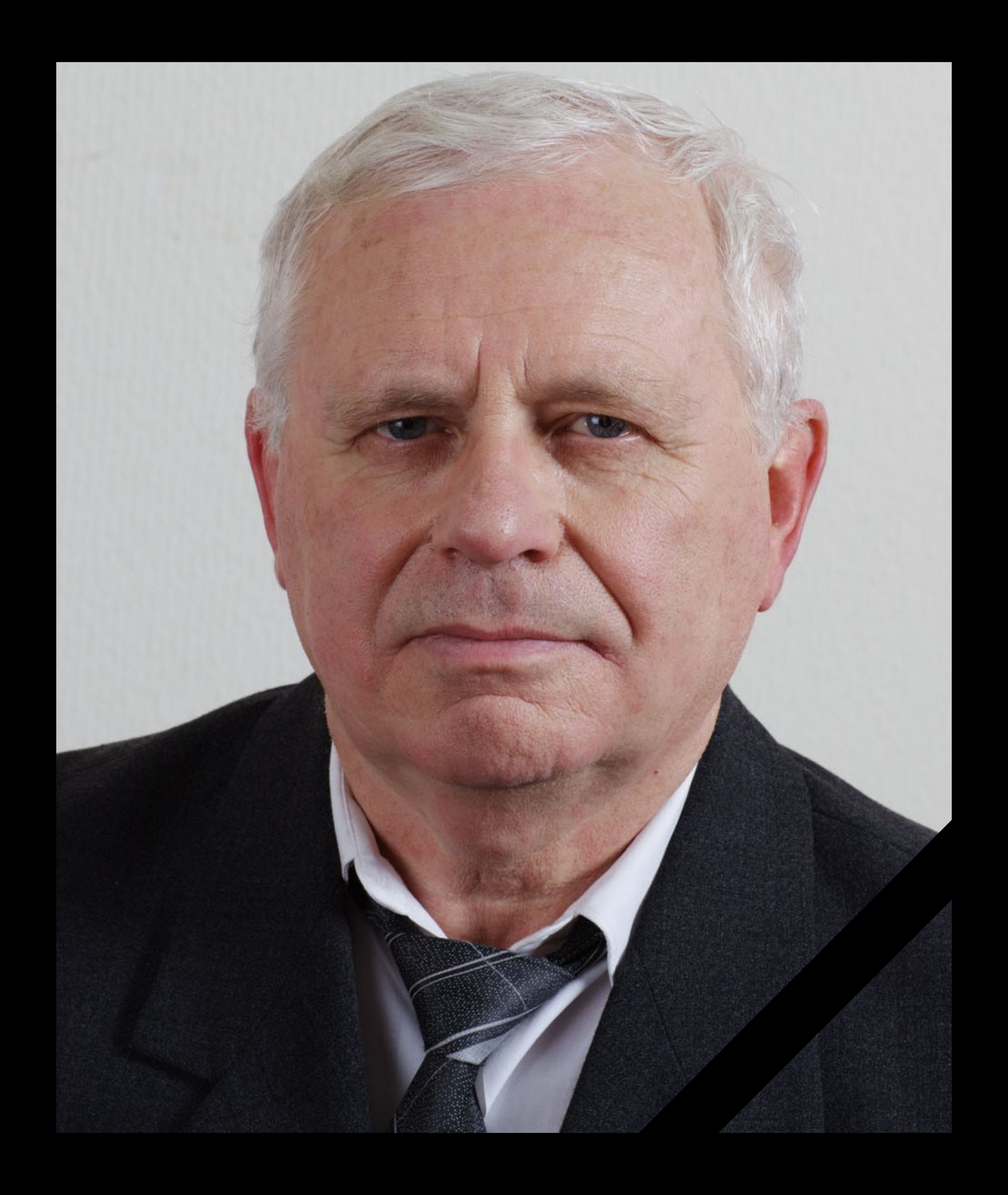
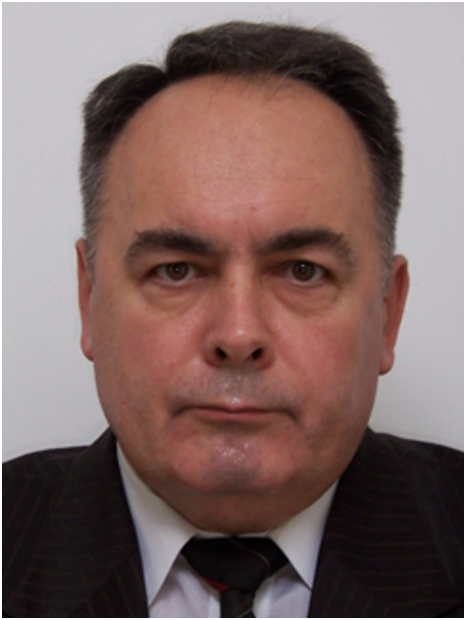


.png)
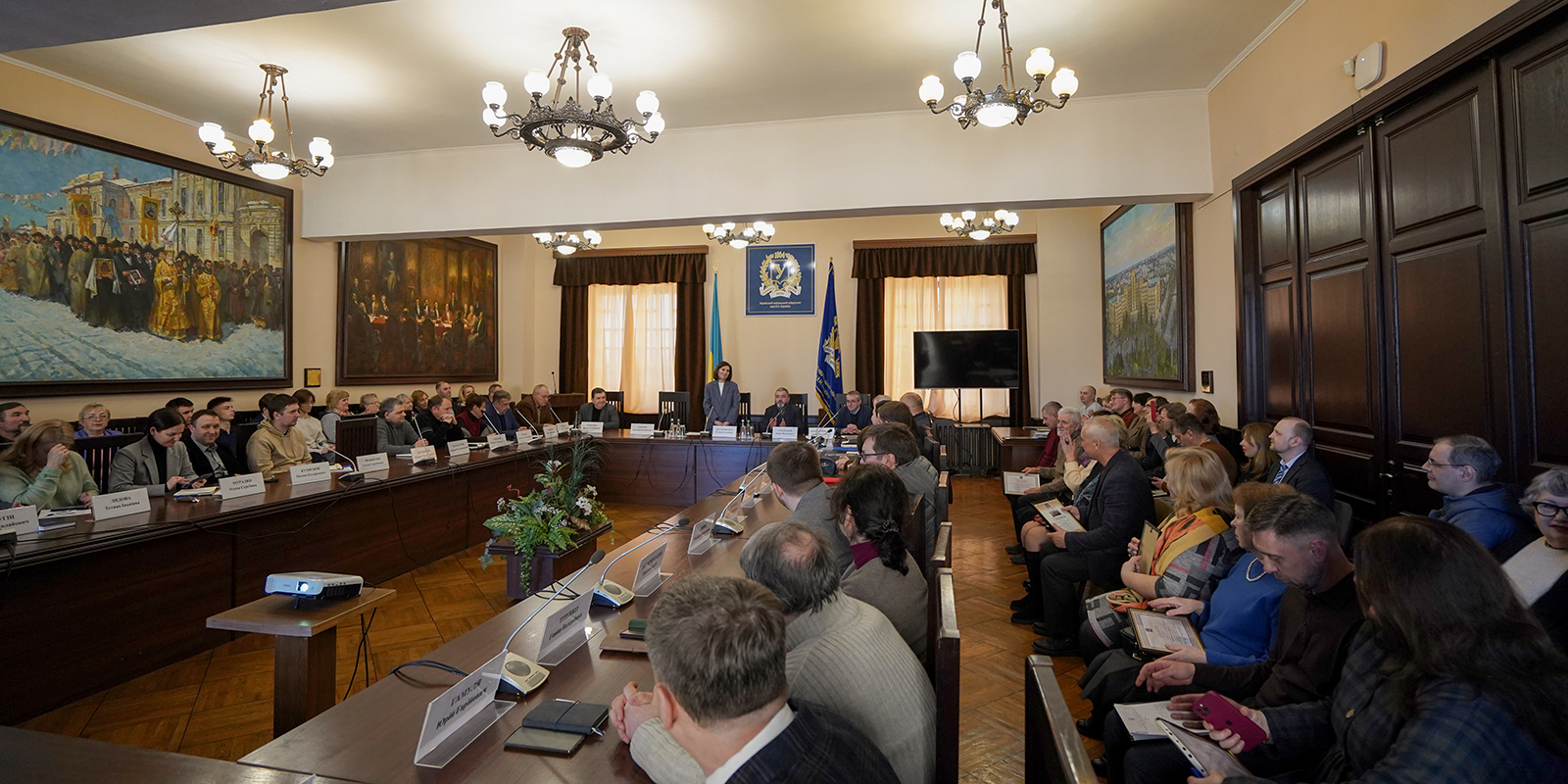
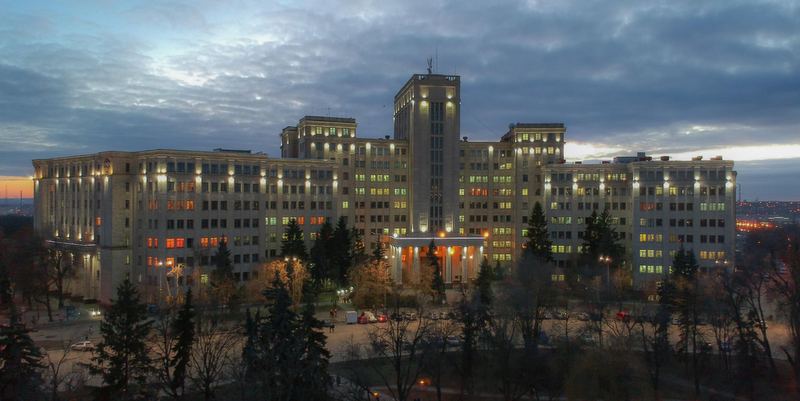
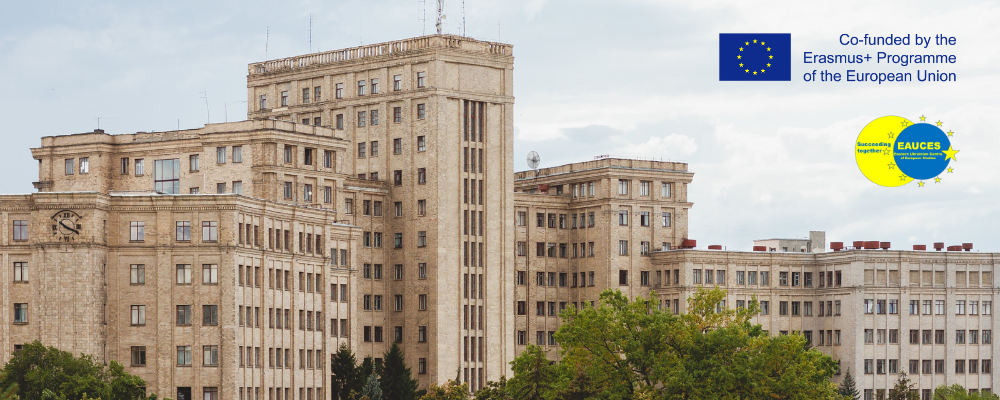
.jpg)
.png)